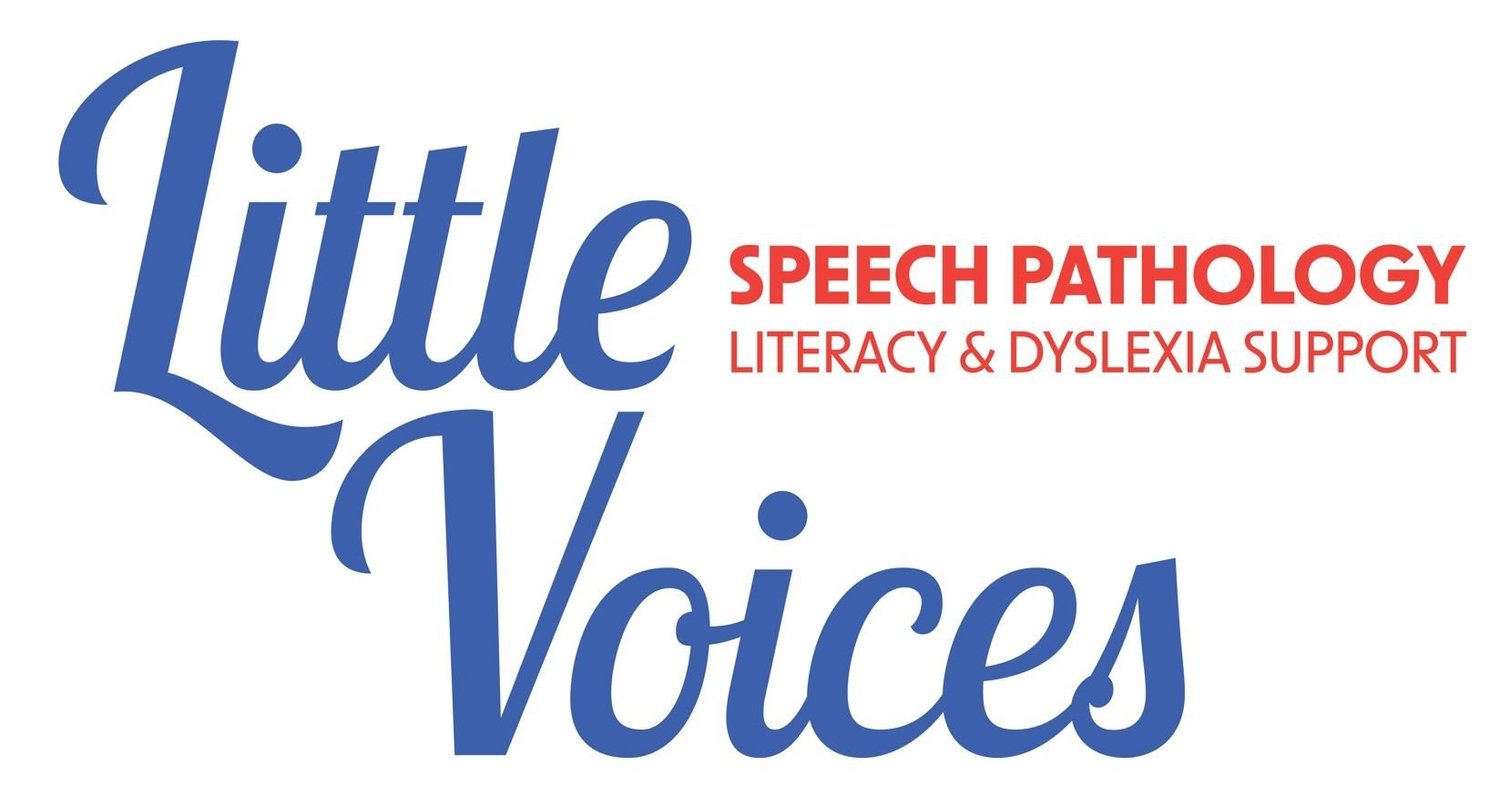What to Say When Your Child Says, “I’m Stupid”
Supporting Your Dyslexic Child’s Mental Health with Compassion and Clarity
When your child turns to you and says, “I’m stupid,” it can feel like your heart stops.
No parent ever wants to hear those words, especially when you know how bright, creative, and full of potential your child really is. But if you’re raising a child with dyslexia, chances are high you’ve heard something like this, or seen it written all over their face.
And it’s not just a phase.
It’s the result of ongoing emotional distress, confusion, and the painful experience of working twice as hard to keep up with reading and writing, yet still feeling like you’re falling short and feeling lost or overwhelmed.
So, what can you do in that moment?
Let’s talk about it.
💔 The Hidden Emotional Toll of Dyslexia
Dyslexia isn’t just about struggling to read or spell. It often comes with a deep emotional burden that impacts confidence, mental health, and self-advocacy.
Children with dyslexia are acutely aware of how easily their classmates seem to grasp what they can’t. They see peers flying through readers while they’re still stuck on basic decoding. They hear the comments. They feel the pressure. And even if they can’t articulate it, they compare themselves against others, and too often, they find themselves lacking.
As one psychologist put it, “They really do notice. They really do compare. And it’s not just frustration, it’s distress.”
That distress shows up in heartbreaking ways:
Avoiding reading out loud in class
Saying “I hate reading” or pretending they don’t like stories anymore
Picking thick books from the library just to look like they’re a good reader
Skipping homework, not out of laziness, but because they’ve got nothing left to give
These are signs that your chld is struggling, it is crutial to offer not only acedemic support, bur emotional guidence too!
💬 What to Say Instead of “Just Try Harder”
What your child really needs in that moment isn’t more pressure, it’s more safety. More understanding. More connection.
Instead of “Just concentrate,” try:
🗨️ “This is hard for you, and that’s okay. I’m here to help you through it.
”
Instead of “You need to try harder,” try:
🗨️ “I can see how hard you’re trying. It’s not about trying harder, it’s about getting the kind of dyslexia support that works for your brain.”
These small shifts in language build a more supportive community at home. They tell your child: “I believe you. I believe in you. And we’re in this together.”
Strategies to Support Your Child’s Mental Health with Compassion and Clarity
Supporting a child with dyslexia goes far beyond literacy. It’s about helping them build self-worth, resilience, and a sense of belonging. Here’s how you can start:
1. Name the Struggle, Without Shame
Let your child know that dyslexia is real, common, and not their fault. Naming the challenge helps your child understand dyslexia and removes the mystery and stigma.
🗨️ “Your brain learns differently. That’s not wrong. It just means we use supportive services designed to help your child succeed.”
By understanding your child’s needs and reframing dyslexia as a learning difference, not a deficit, you give them power and clarity.
2. Celebrate the Wins (Even the Small Ones)
Progress might be slow, but it’s still progress. Celebrate effort, not just outcomes.
🎉 “You kept going, even when it was tough. That’s brave.”
🎉 “I love the way you didn’t give up, even when it felt hard.”
This builds confidence and emotional stamina, and reminds your child that they are more than their reading level. Key parts of supporting your childs success.
3. Create a Safe Space at Home
School might feel like a battlefield. Make home the sanctuary.
Let them decompress after school before jumping into homework.
Build in downtime where literacy isn’t required.
Prioritise fun, connection, and play to refill their emotional tank.
A calm, accepting home environment can be the reset they need after a draining day.
4. Connect Them with Their Strengths
Dyslexia doesn’t define your child, but it can overshadow their talents if we let it.
Is your child a brilliant storyteller, a Lego mastermind, an animal whisperer, a dancer, a builder, a problem solver? Celebrate these gifts.Their identity is bigger than their reading and writing challenges. It helps them take control of how they see themselves and the world. Let them shine in areas where they feel competent and confident.
5. Find the Right Supports
This might mean:
A speech pathologist who specialises in dylexia support
An evidence-based literacy tutor who uses structured literacy
Assistive technology that helps them access the curriculum (read more)
An advocate to help you navigate meetings and knows what to ask for
A counsellor who focuses on mental health and self advocacy
You don’t have to figure it all out alone. And your child doesn’t have to walk this path unsupported.
A Final Word for the Parent Who’s Trying So Hard
If no one’s said this to you today: You’re doing an incredible job!
The tears you’ve wiped, the books you’ve read together, the meetings you’ve sat through, the late-night Googling, the times you’ve fought back tears so your child wouldn’t see, it all matters.
Your child may struggle with reading, but because of you, they won’t struggle with knowing they are loved. ❤️



